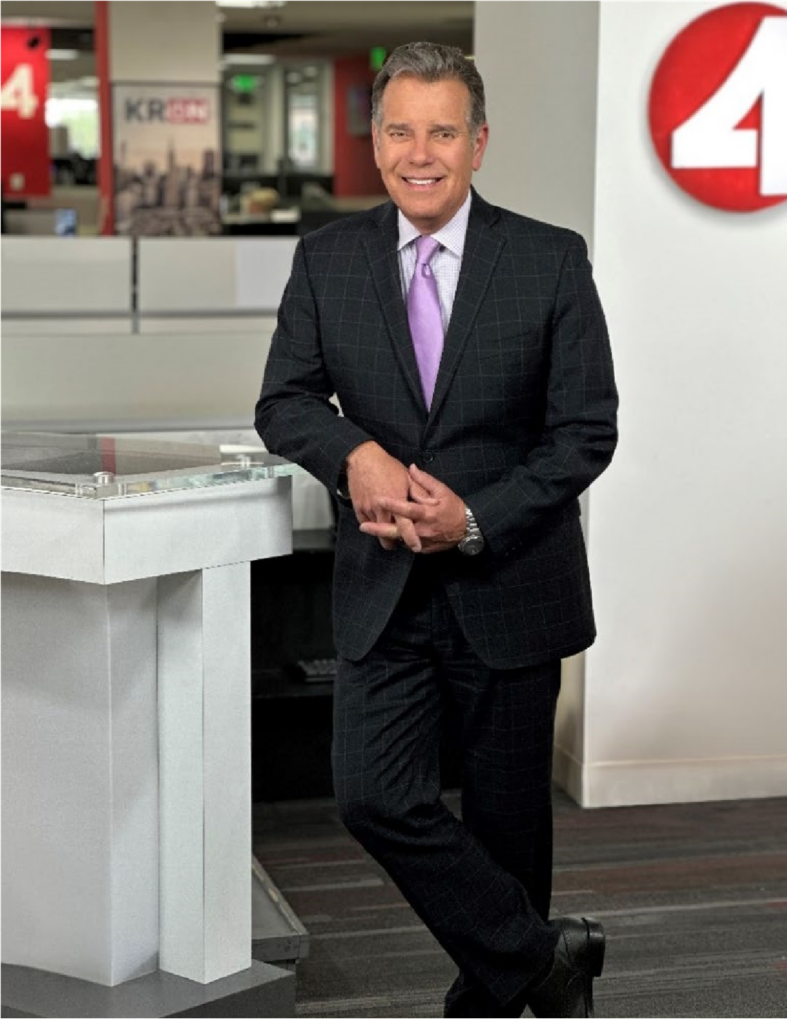NAB President Gordon Smith says that while it doesn't object to "truly voluntary" incentive auctions for TV spectrum, he vows to fight any "government-mandated signal strength degradations or limitations, and new spectrum taxes that threaten the future of free and local broadcasting."
NAB Wary Of TV ‘Degradation’ From FCC Plan
The National Association of Broadcasters will fight any TV spectrum repacking plan that would diminish the service currently offered by TV stations, NAB President Gordon Smith said in reaction to the FCC’s unanimous decision this morning to launch a proceeding aimed at recovering some broadcast spectrum through repacking and other means.
“NAB has no quarrel with incentive auctions that are truly voluntary,” Smith said in a prepared statement.
However, he added, “NAB will oppose government-mandated signal strength degradations or limitations, and new spectrum taxes that threaten the future of free and local broadcasting.
“Going forward, we believe policymakers have an obligation to maintain digital TV services currently provided by broadcasters and to allow free TV viewers to benefit from DTV video innovations,” he added.
The new rulemaking proposes several preliminary steps toward implementing that portion of the FCC’s National Broadband Plan that seeks to shift up to 120 MHz of broadcasting’s 300 MHz of spectrum to wireless broadband use.
FCC Chairman Julius Genachowski said he believes the reallocation is vital to the wireless industry and the U.S. economy.
The NBP would accomplish the shift in two ways: by repacking the broadcast plan (adjusting coverage and coverage of stations) and by encouraging stations to relinquish spectrum by giving them a cut of the proceeds from the eventual auction of the spectrum, a co-called incentive auction.
Although the rulemaking does not propose a specific repacking plan, it does call for suggestions for making the VHF band more suitable for digital broadcasting. Broadcasters fear that the FCC ultimately intends to reassign many stations to the inferior VHF band.
Senate legislation authorizing incentive auctions would also impose new spectrum license fees, the “spectrum taxes” of Smith’s statement.
Other reactions to the rulemaking were unqualified and positive.
“Today’s action is another important step to ensuring that we can meet America’s growing demand for mobile Internet access at anytime and anywhere,” said CTIA-The Wireless Association’s President Steve Largent.
He said CTIA looks forward to working with the FCC, Congress and all stakeholders to ensure that significant amounts of broadcast spectrum are made available for auction.
“Bringing this spectrum to market will allow our members to bid for the right to purchase it, resulting in billions of dollars for the U.S. Treasury and enabling the wireless industry to continue to invest and fuel our ‘virtuous cycle’ of innovation and competition,” he said.
The advocacy group Public Knowledge also endorsed the FCC’s rulemaking. “The commission’s actions will facilitate imaginative, new and innovative approaches to making more efficient use of spectrum, which will lead to increased benefits to consumers,” said Harold Feld, legal director.
“We applaud the commission for looking to all stakeholders and encouraging a cooperative, collaborative and creative approach to meeting our future wireless needs,” Feld added.
While the FCC has proposed the incentive auctions, it’s up to Congress to authorize them. Rep. Ed Markey (D-Mass.), a key telecommunications policymaker in the House, issued a statement in support of the FCC initiative.
“Spectrum is the oxygen of the Internet ecosystem, and its looming scarcity needs to be addressed to ensure the continued growth of the wireless broadband applications and services that help power our economy,” he said.
“The proliferation of smartphones and wireless netbooks has revolutionized the way we work and entertain ourselves, but also saps our supply of available spectrum.
“I commend the commission for taking action on this issue, which is so important for innovation, investment and job creation.”

























Comments (4)
Christina Perez says:
November 30, 2010 at 5:06 pm
Sen. Smith: What happens when the courts invalidate proceeds from auctions going to broadcasters because the airwaves are owned by the PUBLIC, not by licensees? Please do not fall for this broadband-FCC trap. You must oppose any auctioning off to the PUBLIC’S airwaves as contrary to the public interest — a value that broadcasters always have upheld. I fear you have had a sip of the Kool-Aid. Spit it out!
Matthew Castonguay says:
November 30, 2010 at 5:12 pm
“Cooperative and collaborative” approach? This is kabuki theater. The roadmap was clear last fall, and it hasn’t changed one iota based on all the feedback and analysis from broadcasters…business feedback, engineering feedback, public policy feedback…heck, even assessments of what would really be the best/fastest ways to achieve the FCC’s stated wireless broadband objectives (see “Grant TV Stations More Spectrum Freedom” post earlier today on this website. My belief is that the FCC is going to ensure this happens one way or another. The “voluntary” mask will fall off very quickly. Broadcasters are going to have to take the gloves off and go public with the many consumer negatives built into this plan. Clearly they have ability to do so…but do they have the will? Stay tuned.
Ellen Samrock says:
November 30, 2010 at 5:25 pm
Here again we have to ask, what exactly does the FCC and Congress mean by “voluntary?” The NAB and all broadcasters want to know.
Kimberly Gari-Luff says:
November 30, 2010 at 11:57 pm
If a coyote chews off its paw to get out of a trap, how voluntary is that? Sometime “voluntary” compliance is merely a less onerous path — but still onerous.